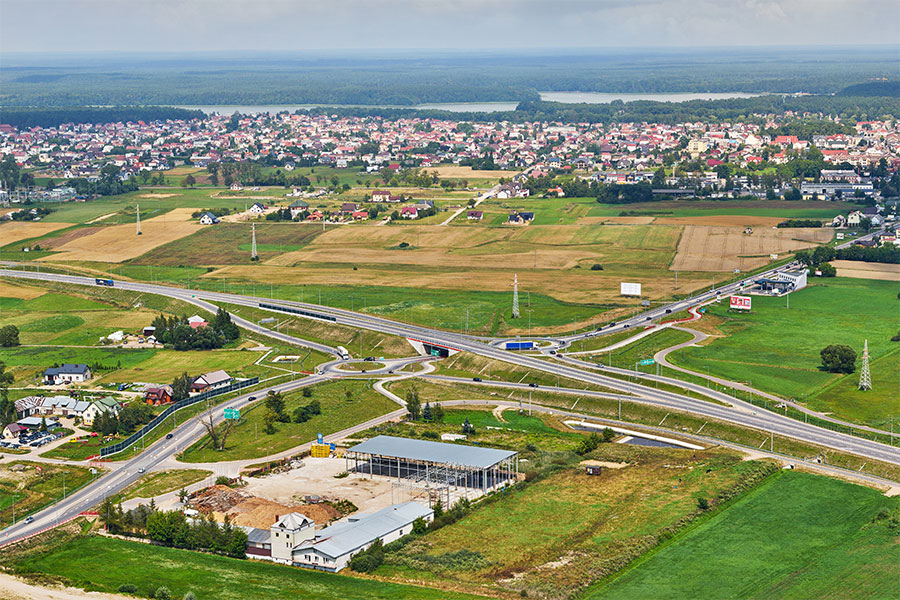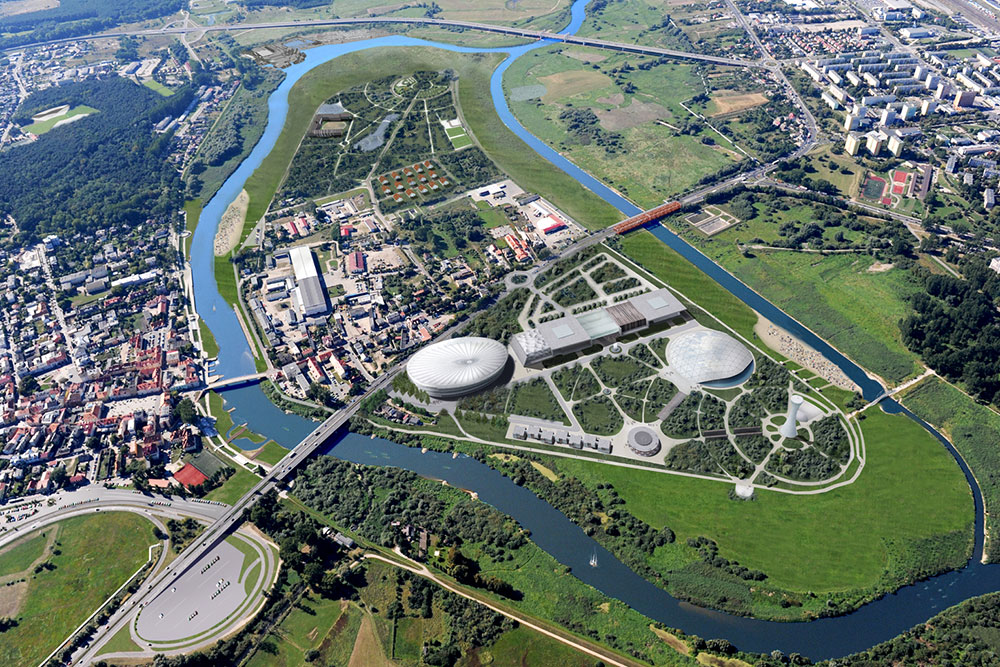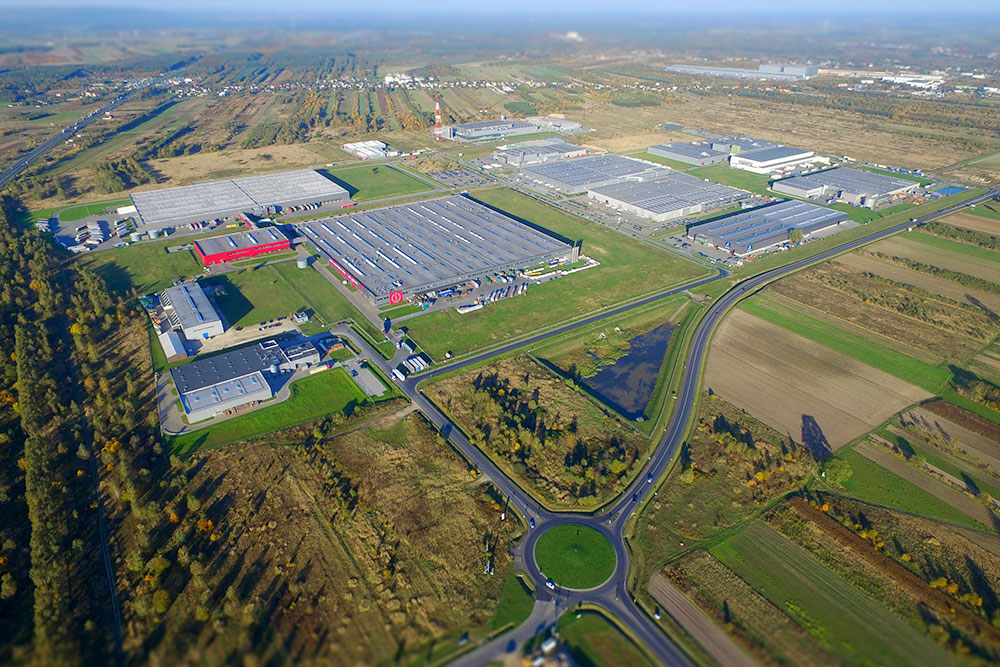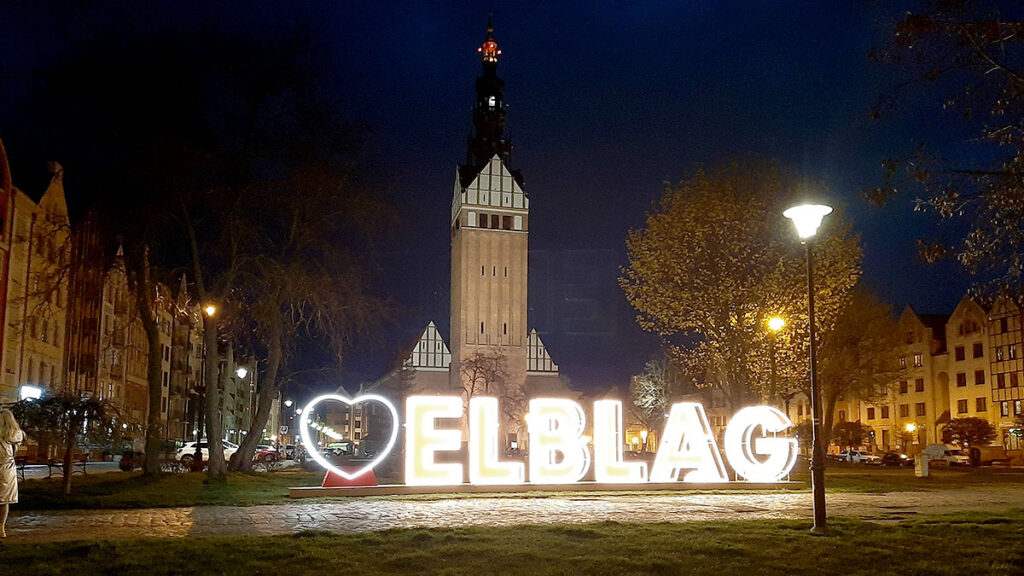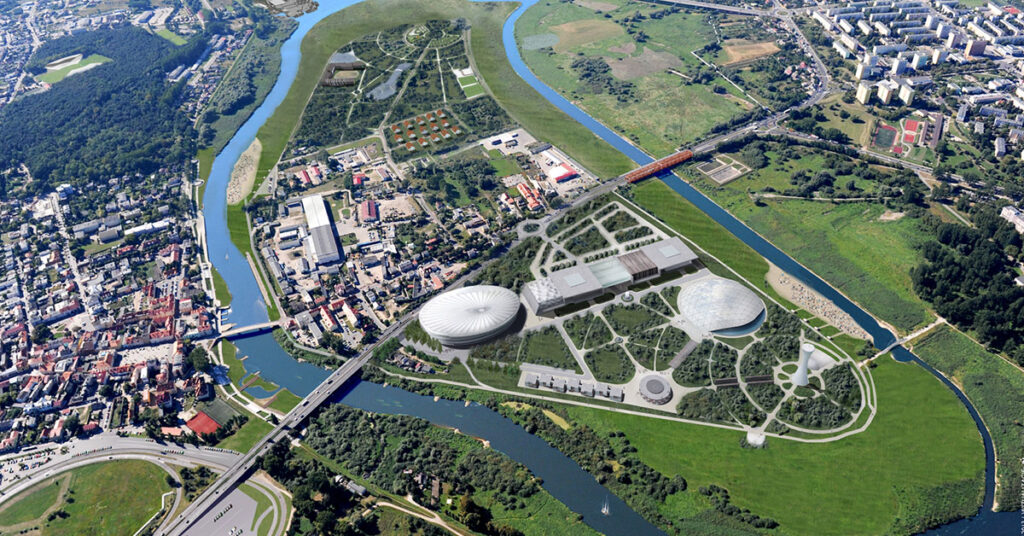Tax privileges and support for investors is a popular way to attract new investments. An investor deciding to start investments in Poland can count on the support of the state, such as exemption from income tax under the Polish Investment Zone, government grants, as well as municipal support – exemption from real estate tax and assistance of labour offices. Companies can also receive support from the EU funds, especially those planning research and development activities.
Income tax exemption
Exemption from income tax (CIT or VAT) is offered under the Polish Investment Zone. Investors can expect, depending on the level of unemployment and the maximum level of regional public aid, from 10 to 15 years of exemption from income tax for legal persons and for up to 70% eligible costs. Applications are submitted to the board of the region’s special economic zone. This is discussed further in the section on the Polish Investment Zone.
Currently, work is under way to ensure incentives for the largest investors planning to invest under the Polish Investment Zone. The Ministry of Development, Labour and Technology is preparing the so-called strategic investor’s passport. It will facilitate the commencement of investments that will create 1 thousand jobs or bring 1 billion PLN turnover by, among others, speeding up obtaining construction and environmental permits or procedures for employment of foreigners. It’s part of the amendment to the Act on supporting new investments. According to preliminary assumptions, the strategic investor’s passport will be available from January 2021.
In addition, the so-called Estonian tax will enter into force from January 2021. According to its assumptions, corporate income tax is not diverted from the company’s early profits, but only after it is paid in the form of dividends. This means that as long as the money remains in the company (profits are reinvested in further development projects), the tax is not payable. According to the legislator, it will encourage companies to reinvest profits while simplifying the tax system. Simplification of the tax system is important because most research on investments in Poland stresses that the unclear tax system is one of the greatest weaknesses of our country.
Government grant
Government grants are awarded by the Ministry of Development, Labour and Technology on the basis of a recommendation of the Polish Agency of Investment and Trade (PAIH) under the Program to support investments of high importance for the Polish economy. The aim of the program is to support new investment projects particularly important for the Polish economy and increase innovativeness and competitiveness of the Polish economy. The program is valid until 2030 and amounts to 2.6 billion PLN.
The period of evaluation of submissions to the Polish Agency of Investment and Trade takes up to 3 months. Each project is analysed from two angles. The first one is the planned capital expenditure and created jobs. In this case, the minimum capital expenditure and the number of jobs are: Highly Advanced Services Centre – 1 million PLN (10 jobs for people with higher education); Highly Advanced Business Services Centre (250 jobs) and Excellence Centre for Business Services (150 jobs) – 1.5 million PLN; innovative production investment – 7 million PLN (20 jobs), and production investment – 160 million PLN (100 jobs).
The second part of the analysis involves quality criteria. Scores are given for growth factors such as: quality jobs, cooperation with research institutions, location of the investment, human resource development, corporate social responsibility, impact on the industry in the region and the country.
Under the program, support for investments may be granted in respect of the eligible costs of job creations of the cost of investments in tangible and intangible assets.
It is possible to combine two forms of support: government grants and support under the Polish Investment Zone provided that the value of the subsidy does not exceed 3 million PLN.
Real estate tax exemption
Exemption from real estate tax is a privilege of municipal councils under the Act on local taxes and laws of 1991. Property tax covers land, buildings and structures.
Exemption from real estate tax on the basis of resolutions of municipal councils is the so-called “autonomic help” given to the entrepreneur after meeting certain criteria laid down in the resolution of the municipal council and stating an intent to benefit from the aid.
From January 2021, property tax for buildings related to business activity will increase from 23.90 PLN/sqm in the previous year to 24.84 PLN/sqm, and for lands related to business activity to 0.99 PLN/sqm.
Financial support and trainings from the Labour Office
District Labour Offices (PUP) provide financial support and trainings for investors. Among the services offered by them are, among others, help in the process of recruitment, preparation of individual trainings for investors, reimbursement of costs of equipment or retrofitting.
EU funding
In the recent years, Poland has been one of the largest beneficiaries of EU aid. Investors can obtain financing in the form of non-repayable grants or repayable instruments such as loans and credits under 16 regional operational programs (ROP) and 6 national programs. The amount of assistance varies depending on the region of the planned investment.
Currently, the biggest chance for obtaining financing from the EU is associated with the implementation of research and creating research and development centres under the Operational Program Smart Development.
EU funds can be used, among others, to: purchase land, buildings or structures (it can’t be, however, more than 10% of all costs), pay for cooperation with a higher education institution, lease laboratories, purchase technological lines or implement research results.
From 2021, it will be possible to obtain funds under the program Horizon Europe supervised by the European Commission, with a budget of approx. 100 billion EUR. One of the requirements of the program is collaboration of at least 3 countries.



